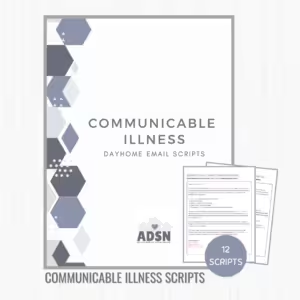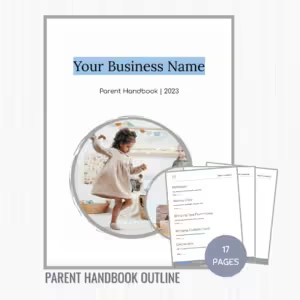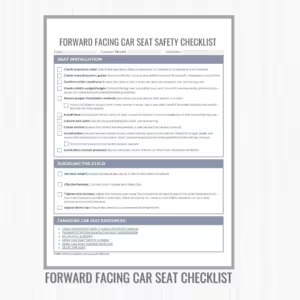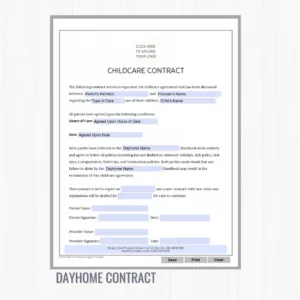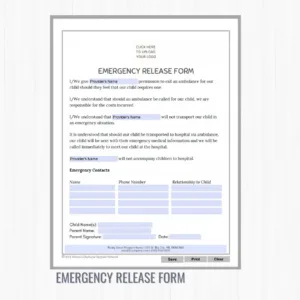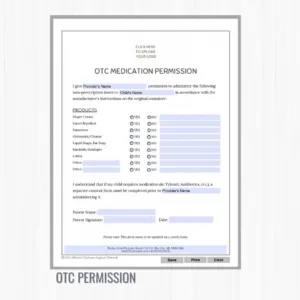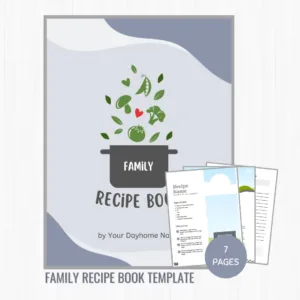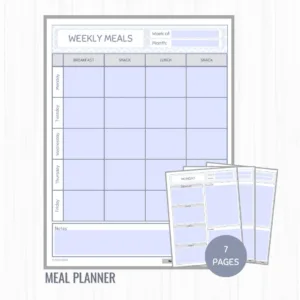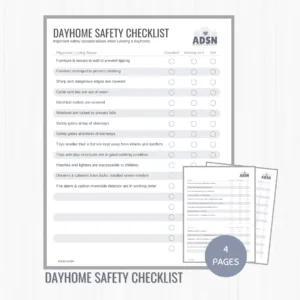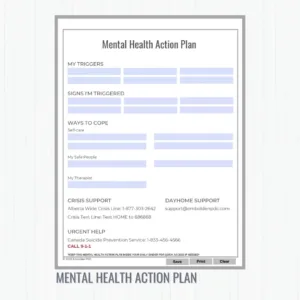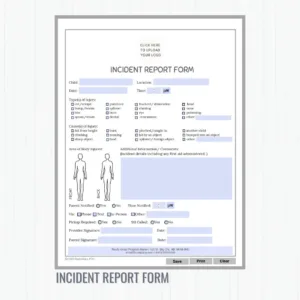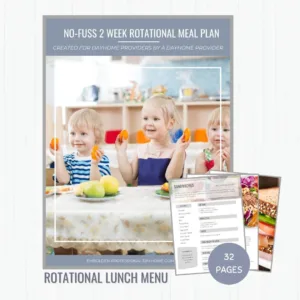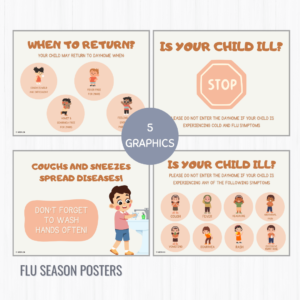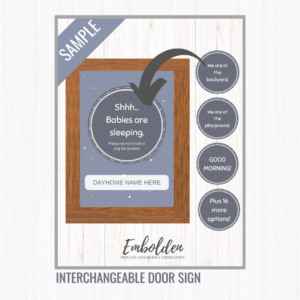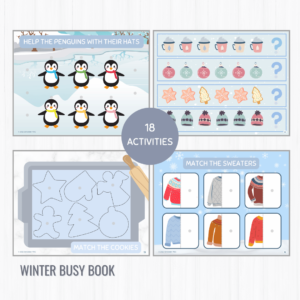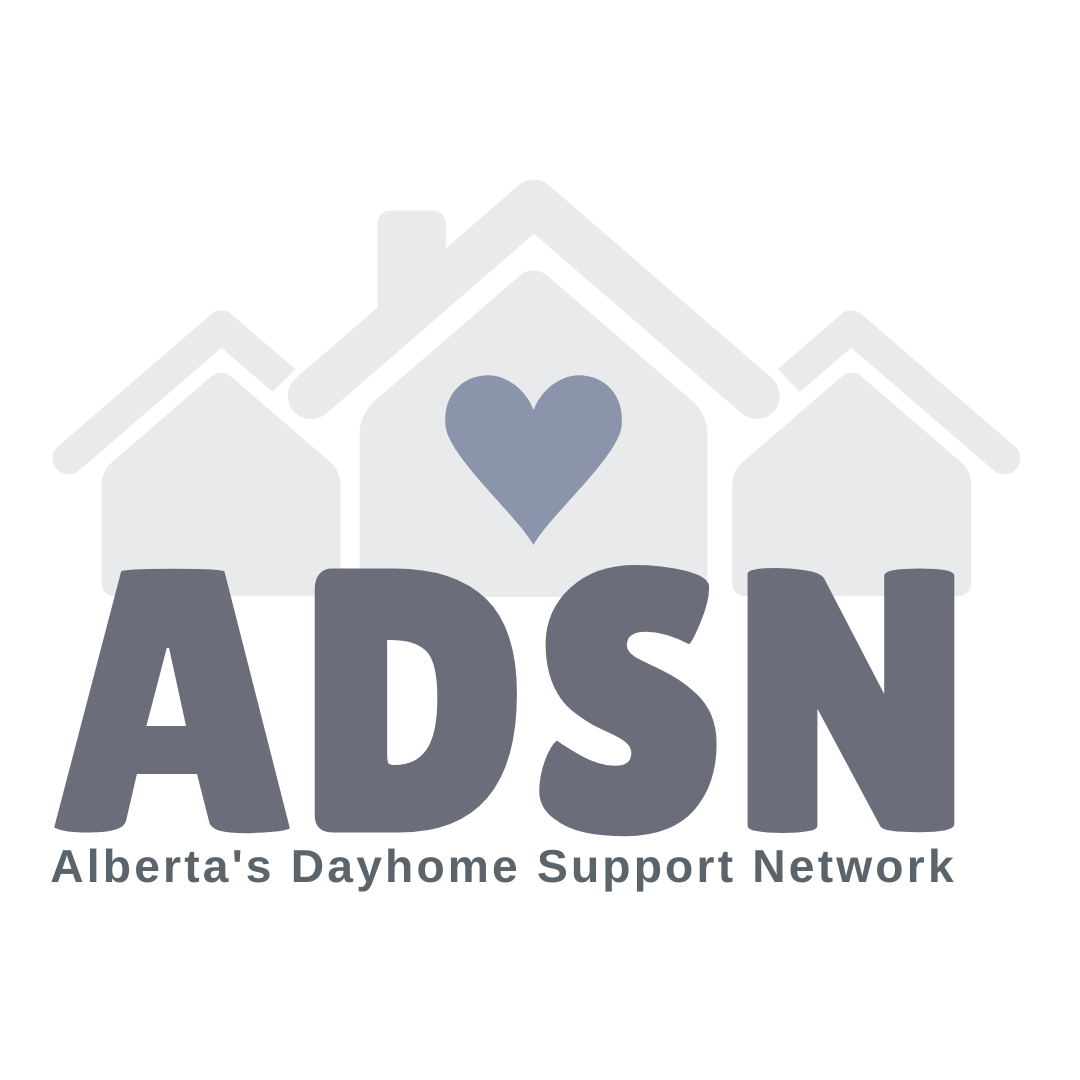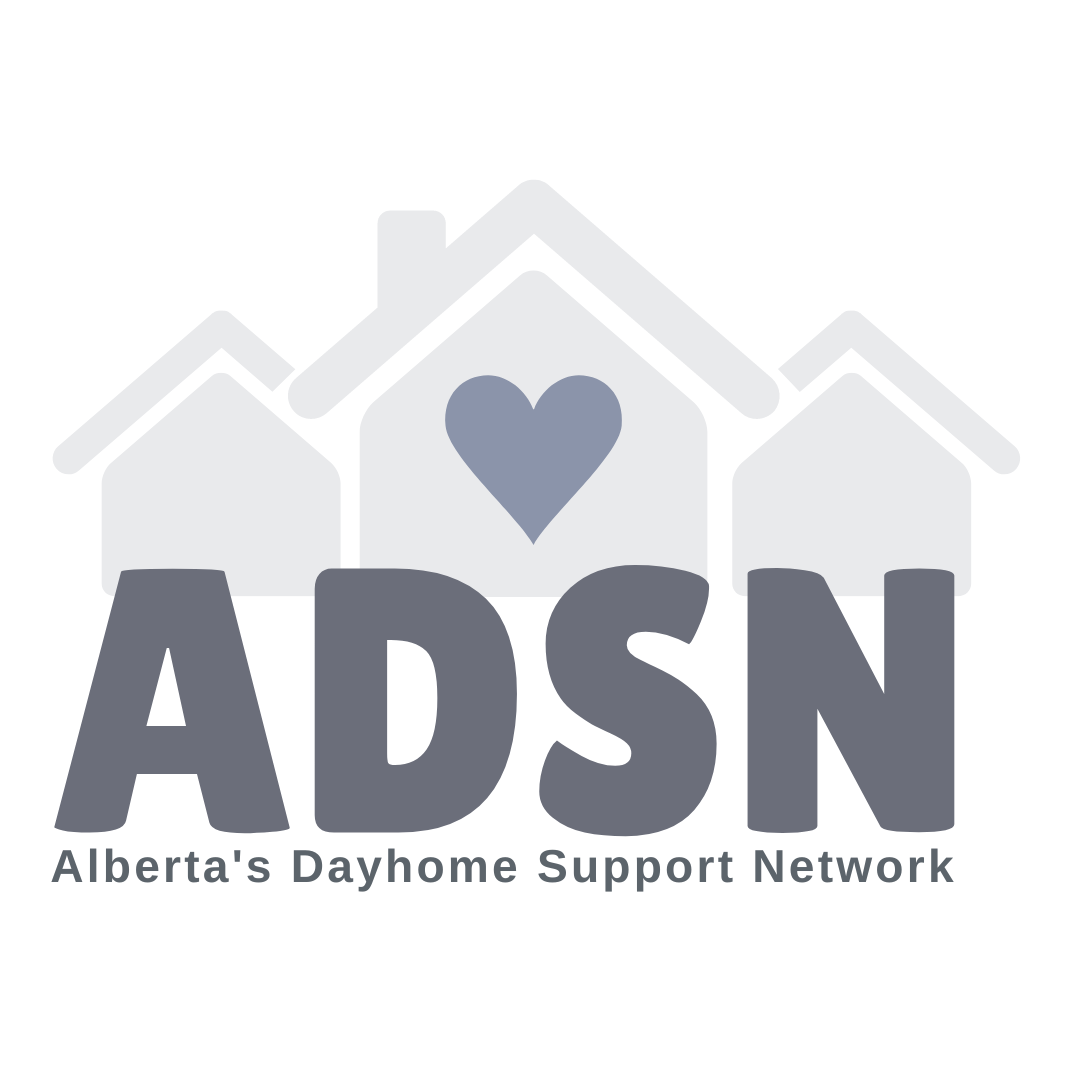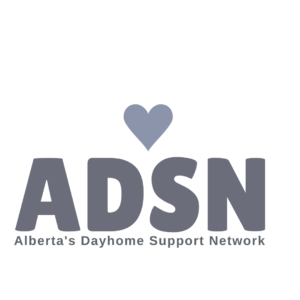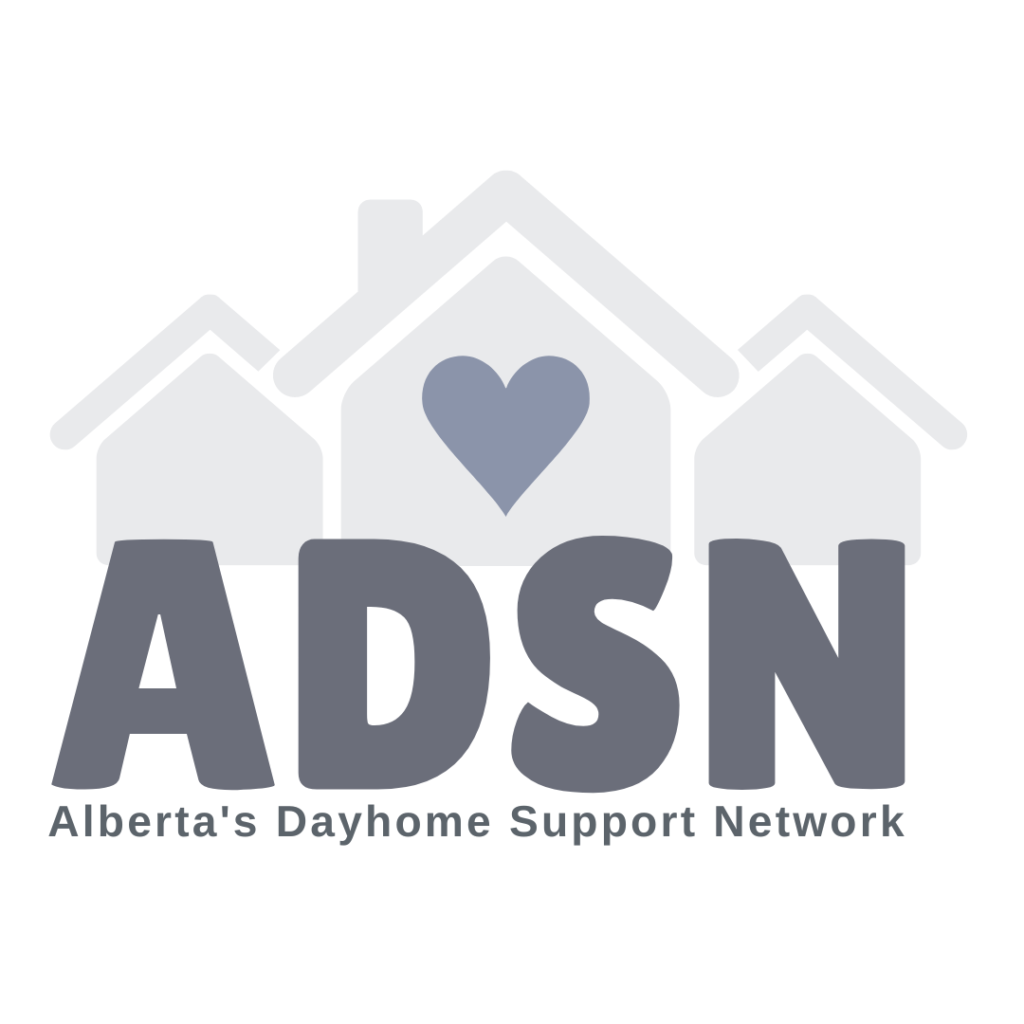Thinking About Opening a Dayhome? We’re Here to Help!
Essential tools, expert guidance, and community support to launch your successful dayhome.
HOW WE CAN HELP
We know that starting a dayhome is both exciting and challenging. Our resources, expert advice, and community support are here to guide you from day one. Here’s how we can help:
1. Practical Resources at Your Fingertips
2. Step-by-Step Guidance
3. Ongoing Learning Opportunities
4. Community and Mentorship
5. Easy Access to Expert Tips & Insights

GETTING STARTED
Welcome to the start of your dayhome journey! Opening a dayhome can be incredibly rewarding, but it also comes with unique challenges. We’re here to make it easier with trusted resources, expert insights, and a community of fellow dayhome providers. Whether you’re getting licensed or operating independently, our resources are designed to guide you every step of the way, helping you provide a safe, enriching environment for the children in your care.
YOUR JOURNEY BEGINS HERE
Are you considering opening a dayhome but feeling overwhelmed by the choices and information out there? You’re not alone!
This journey is both exciting and challenging, filled with opportunities to make a positive impact on the lives of children and families in your community. Whether you’re weighing the benefits of agency-based care versus running a private dayhome or simply gathering information to make an informed decision, you’ve taken the first crucial step.
This page is designed to guide you through these essential considerations, helping you navigate your options and empowering you to turn your passion for childcare into a fulfilling business venture. Let’s explore the possibilities together!
If you’re looking for a more structured and guided experience, you might be interested in our Dayhome Guide and Planning Workbook. Our Dayhome Guide is Free with an ADSN Account and has 95 pages worth of expert guidance and advice on everything you could possibly need to know to start a dayhome. Pair it with our Member Exclusive Dayhome Planning Workbook and you’ll be well on your way to deciding if starting a dayhome business is right for you.
Step 1: Deciding to Open a Dayhome
Deciding to open a dayhome is a significant commitment that requires thoughtful consideration and planning. Before taking the plunge, it’s essential to reflect on your motivations, goals, and readiness for this rewarding yet demanding venture.
Running a dayhome business involves much more than simply caring for children; it requires a significant amount of discipline and self-motivation. While nurturing and supporting young minds is a rewarding aspect of the job, providers must also manage the business side of things, which includes maintaining organized records, handling paperwork, and adhering to regulations. This often means juggling schedules, tracking expenses, and managing communications with parents—all while ensuring that the children in your care are engaged and safe. The ability to work independently and stay on top of administrative tasks is crucial for maintaining a successful dayhome.
So, before you jump into the logistics, it’s vital to assess whether you’ve got the skills and determination to run a dayhome program and whether it suits your personal circumstances.
There are many motivations behind starting a dayhome—whether it’s contributing financially to your household while being present for your own children, pursuing a passion for early childhood education, or enjoying the independence of running your own business, it’s essential to recognize that this path also involves significant commitment and the ability to balance various responsibilities, like nurturing young minds and managing the administrative aspects of your operation.
In Chapter 1 of our FREE Dayhome Guide we dive into the foundational considerations that can help you determine if opening a dayhome is the right choice for you. Additionally, we’ll discuss the potential challenges of operating a dayhome and the impact your education, experience, and personal characteristics can have on your success. Engaging in open conversations with your family about your plans and expectations is also a key component of this chapter, ensuring everyone is on board as you embark on this rewarding journey.
- Free Resource (with ADSN Account): ADSN Dayhome Guide – Chapter 1 – Deciding to Open a Dayhome
- Member Exclusive Resource (available with ADSN Membership): Dayhome Planning Workbook
If you have have already decided that you’ll be opening a dayhome and know which type of dayhome you’d like to run, you might want to check out our “Opening a Dayhome Soon” Page.
Step 2: Exploring Your Options – Agency or Private
As you embark on your journey to open a dayhome, one of the most critical decisions you’ll face is whether to contract with a licensed agency (operating as an approved family dayhome) or to run a private dayhome. Each option comes with its unique advantages and challenges, making it essential to understand the distinctions between the two.
In Chapter 2 of our Free Dayhome Guide we go over the two types of dayhome programs in Alberta and their simularities and differences.
PRIVATE – UNLICENSED
In Alberta, an unlicensed private dayhome is a home-based childcare provider not registered with a licensed agency. While these dayhomes are not required to follow the Alberta Dayhome Standards, we highly recommend familiarzing yourself with this document to help ensure you are following best practices in dayhome care. The Government of Alberta also caps the number of children an unlicensed dayhome program can care for at 6 non-custodial children. This means that if a provider has two children, they can care for up to six more, totaling eight children. This limit applies regardless of the number of caregivers present in the home.
Potential Pros:
Running a private dayhome offers unique perks, including flexibility and independence in setting your own policies, hours, and fees without agency oversight. Many dayhome providers like this freedom to do what they feel is best for the families in their care without having to adhere to agency policies and procedures. Private dayhome providers also retain all of the parent fees they collect, as they are not required to pay agency fees.
Potential Cons:
Running a private dayhome comes with its own set of challenges. Without the support of an agency, providers take on every aspect of the business themselves—from record-keeping and taxes to marketing and family communications—which can be a lot to balance. While there’s freedom in being independent, it also means managing all safety requirements and compliance details on your own. Additionally, networking and finding professional resources may take extra effort, and handling difficult situations can feel a bit isolating without a support system. It’s also important to understand that as a private dayhome provider you are not eligible to offer your families Subsidy or Affordability Grants. You are also ineligible for Professional Development Funding, Wage Top Up, and other incentives available to approved family dayhomes.
Support For Private Dayhome Providers:
Support for private dayhome providers can sometimes feel limited, but that’s where the Alberta Dayhome Support Network (ADSN) steps in to bridge the gap. ADSN offers resources and community specifically designed to help private dayhome providers thrive without agency support. Whether it’s providing guidance on navigating regulations, offering templates for record-keeping and tax prep, or connecting providers with professional development and networking opportunities, ADSN is here to lighten the load. With tools, trainings, and a community of like-minded providers, ADSN helps private dayhome providers feel supported, empowered, and equipped to succeed independently while still having access to expert advice and connection.
APPROVED FAMILY DAYHOME (CONTRACTED TO A LICENSED AGENCY)
Being an approved family dayhome through a licensed agency in Alberta means that you have met the regulatory requirements and standards set by the provincial government and have obtained approval from a licensed agency to operate a dayhome under their support and supervision. This involves undergoing a thorough application process, meeting specific qualifications, and adhering to certain guidelines and regulations.
Potential Pros:
Becoming an approved family dayhome through a licensed agency offers several valuable advantages. Providers benefit from ongoing agency support, including access to training, resources, and guidance, which helps ensure a safe, high-quality environment for children. The agency also handles certain administrative tasks, like record-keeping support and program monitoring, which can reduce the burden on providers. Additionally, approved family dayhomes are able to offer their families Affordability Grants and Subsidy, and they are eligible to receive wage top up and professional development funding.
Potential Cons:
Operating as an approved family dayhome through a licensed agency also has a few potential downsides. Providers must adhere to specific guidelines, policies, and regular inspections, which can limit flexibility and autonomy in running their dayhome. The agency often sets requirements for programming, activities, and even fees, which can feel restrictive for those who want to fully personalize their approach. Additionally, licensed agencies typically charge fees, which can impact overall earnings and budgeting for the dayhome. Providers may need to invest extra time and effort in meeting agency and government standards, as well as completing required trainings. While agency support can be beneficial, it may also feel like added oversight, making it important for prospective providers to weigh these factors against their desire for independence in their work.
Other Considerations:
Other considerations to keep in mind when exploring your options in the dayhome sector include the current shifts occurring due to the Canada-Wide Early Learning and Child Care Agreement (CWELCC). This program aims to make childcare more accessible and affordable, but it has also led to significant changes in the landscape of child care in Alberta. Many dayhome agencies are currently at full capacity, which means that even if you wish to be contracted with a licensed agency, securing a spot may not be possible. This could mean that you are opting to open a private dayhome instead, or while you wait for a spot to open up at your local agency.
If you find yourself in this situation, the Alberta Dayhome Support Network (ADSN) is here to support you. We understand the challenges posed by the evolving dayhome landscape, especially with the impact of CWELCC and limited availability of licensed agencies. ADSN offers resources tailored for both private dayhome providers and those navigating the agency landscape. From guidance on best practices and compliance to community networking opportunities and professional development, our goal is to empower you on your journey. Whether you’re seeking advice, resources, or a supportive community, ADSN is dedicated to helping you thrive in your dayhome venture.
You might like these resources we have to offer:
- Free Resource (with ADSN Account): ADSN Dayhome Guide – Chapter 2 – Unlicensed or Join an Agency?
- Member Exclusive Resource (available with ADSN Membership): Dayhome Planning Workbook
- Blog Post: “Opening an Unlicensed Private Dayhome“
- Blog Post: “An Evening with AFCCA”
Step 3: Exploring your Guiding Principles
Now you know what type of dayhome you want to run, but how will you run it? In this next step, we recommend taking some time to explore your guiding principles. Understanding the principles that guide your approach can make a significant difference in shaping the dayhome experience for both you and the children in your care. Your guiding principles are the values and beliefs that form the foundation of your program. These can encompass everything from your views on child development to how you handle communication with families and approach daily routines.
Consider what you believe is most important for children in their early years: Is it fostering independence? Encouraging creativity? Building strong social-emotional skills? Your guiding principles will not only help you design activities and set expectations but will also guide you in creating a supportive and nurturing environment. By clarifying these values, you’ll be better prepared to make decisions confidently, ensuring your dayhome is a true reflection of your vision and approach to early childhood care.
We go over this process in detail within our Free Dayhome Guide, providing a clear roadmap to help you define your guiding principles. And if you’re looking to really dig into this work, you’ll love our Dayhome Planning Workbook. This comprehensive tool includes dedicated sections and exercises designed to help you dig deep into your “why” and “how,” ensuring you create a dayhome program that aligns perfectly with your values and vision.
- Free Resource (with ADSN Account): ADSN Dayhome Guide – Chapter 7 – Guiding Principles
- Member Exclusive Resource (available with ADSN Membership): Dayhome Planning Workbook
Step 4: Conducting Market Research
Now that you’ve considered your guiding principles and have a clear vision of how you want your dayhome program to look, it’s time to start market research. This step allows you to compare your approach to other dayhomes in your area and find your unique niche. Defining your niche helps you stand out in the market, helping you to attract families who are a perfect fit for your program and giving you a competitive edge in a community with many quality dayhomes. Whether it’s a focus on outdoor learning, flexible scheduling, or catering to specific age groups, your niche makes your dayhome program memorable and desirable for the right families.
We lay out the steps for effective market research in Chapter 5 of our Dayhome Guide, helping you navigate this essential step with clarity and confidence. For those ready to dig even deeper, our Dayhome Planning Workbook includes targeted exercises and reflection sections, designed to guide you through defining your unique niche and understanding the needs of your community.
- Free Resource (with ADSN Account): ADSN Dayhome Guide – Chapter 5 – Your Dayhome Roadmap
- Member Exclusive Resource (available with ADSN Membership): Dayhome Planning Workbook
Step 5: Planning for Next Steps
You’ve done your research, carefully considered your options, and taken the time to envision the dayhome you want to create. With a solid understanding of what’s involved and a clear path forward, you’re well on your way to making this vision a reality. Each choice you’ve made so far—from your guiding principles to finding your niche—has laid the foundation for a unique and successful dayhome. Now, with the next steps and resources in our Dayhome Guide, you’re ready to bring that vision to life.
As you work through the remaining sections of the Dayhome Guide, remember we’re here to support you every step of the way. For more insights, resources, and tips on your journey to opening a dayhome, don’t forget to visit our “Opening Soon” page. And if you need any additional help, reach out—whether it’s a question or guidance, we’re here to help make your journey a success.
TIME TO TURN YOUR VISION INTO REALITY
Alright, you’ve made it this far in exploring your options and gathering insights on opening a dayhome!
You’re well on your way to establishing a nurturing environment where children can thrive and families can feel secure. By taking the time to research, reflect on your guiding principles, and understand your market, you’ve laid a solid foundation for your future success. Keep moving forward with confidence—your dayhome journey is just beginning!
Don’t forget to download our Dayhome Guide and utilize the resources that are available to you.
If you find yourself needing a little extra support, feel free to book a free 30-minute consultation with Danielle – the Executive Director of ADSN. Together, you can tackle any remaining questions and set yourself up for a bright future. And for those looking for ongoing guidance, consider upgrading to our Membership for even more valuable tools and personalized support.
Let’s turn your vision into reality!
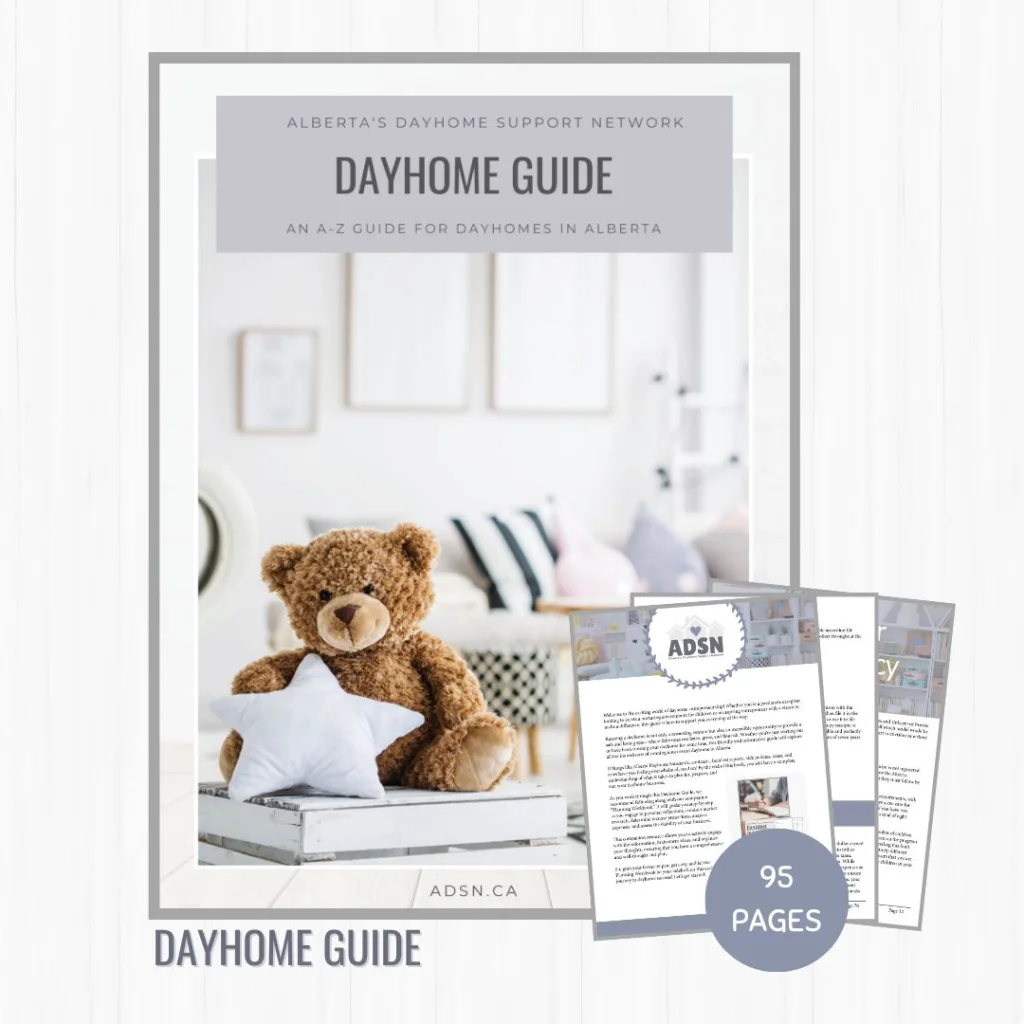
Download Our Free Dayhome Guide
An active ADSN Provider Account is required to download our Dayhome Guide. Fill out the form below to download this resource and we’ll sign you up for a free account.
Why do you collect my postal code? We collect postal codes from our registrants to help us track where our participants are located so that we can ensure we are providing adequate supports to those areas.
CHECK OUT SOME OF OUR RESOURCES
